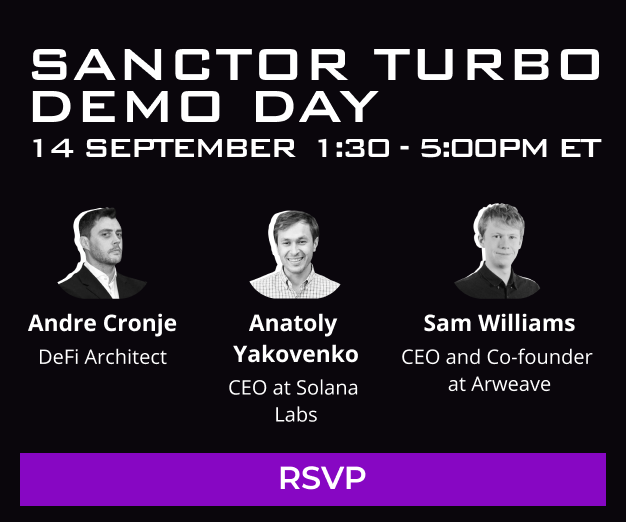
Key Takeaways
- Cardano’s EUTXO-based protocol design has proven challenging for decentralized application developers.
- Minswap, the first decentralized exchange to launch on Cardano testnet, faced immediate scaling issues last week.
- While several projects claim to have solved the concurrency issue, none have publicly revealed their solutions.
Cardano, the third-largest cryptocurrency with a market cap of over $82.8 billion, has become the subject of criticism as its ecosystem infrastructure does not allow for the most basic decentralized applications to function without facing immediate scaling issues.
Cardano dApp Developers Face Concurrency Issues
Cardano is facing a major scalability hurdle.
Input Output, the development company behind Cardano, announced the launch of the Plutus smart contract functionality on testnet last Thursday. Since the update went live, Minswap, the first decentralized exchange to launch on testnet, has run into severe scaling issues, raising concerns about Cardano’s capability to run smart contracts.
It’s unfortunate that we have to shut down our testnet temporarily. We have gathered enough data from our testers to improve the fundamental of our DEX. In the next few days, we’ll publish our post-mortem, our scaling solution and when the testnet will be open up again.
— Minswap | FISO live! 🚀 (@MinswapDEX) September 5, 2021
Users testing Minswap were surprised to find that the dApp could only handle one transaction per block. “Looks good,” one Reddit user wrote. “But when I try to swap things, all I’m getting is ‘Transaction fail: UTxOs are being used this block. Please wait 20-40 seconds and try again.”
“After we launched, some users took screenshots related to locked UTXOs on Twitter, and the rest is history,” Minswap founder and engineering lead Long Nguyen told Crypto Briefing. He added that Minswap built their protocol on Cardano because “it’s the most decentralized Proof-of-Stake chain, with more than 3,000 nodes being run by the community, and 66% being run by single node operators.”
Be that as it may, it would appear that building scalable, fully on-chain decentralized applications on the blockchain has become a bigger challenge than many in the community had anticipated. Specifically, unlike Ethereum, Solana, and most other smart contract enabled-blockchains, which employ an account-based model to compute transactions, Cardano employs a novel iteration of Bitcoin’s UTXO model called Extended UTXO (EUTXO).
The EUTXO model poses challenges for Cardano dApp builders because of a so-called concurrency “issue.” In simple terms, concurrency refers to the ability for multiple different agents to interact with the same smart contract at the same time.
Account-based models allow multiple users to interact with the same smart contracts by default. However, EUTXO-based smart contract blockchains pose difficulties for developers to mitigate concurrency without making compromises on security or decentralization.
Solutions for concurrency include building dApps that tolerate segmentations of state or aggregating multiple interactions to settle on the same state. For decentralized exchanges, this would mean either fragmenting liquidity into multiple pools (states) or using third-party sequencers to batch multiple transactions and settle them as one transaction in the same state.
The former gravely damages capital efficiency, while the latter could potentially prove to be a viable solution. Maladex is a Cardano-based decentralized exchange that claims to have solved concurrency. Discussing the potential downsides of using sequencers to mitigate concurrency, Jarek, the project’s CEO and lead developer, told Crypto Briefing:
“Other than, depending on the way it’s implemented, degree of centralization bottleneck, [there are] none. Off-chain is a natural part of the ecosystem and just prepares transactions for the blockchain where then they’re validated and executed.”
“There is this uncomfortable part that it might increase centralization,” he added. “But it isn’t any different than the centralization we’ve got with UI for each protocol.”
Jarek further argues that using dApp-layer sequencers can mitigate front-running and MEV attacks because they aggregate multiple transactions to be executed at once.
However, Chief Investment Officer at Arcane Assets and vocal Cardano critic Eric Wall argues that MEV would still be possible if the blockchain used a sequencer. Explaining how MEV could occur on Cardano, he told Crypto Briefing:
“First of all, the sequencer can extract MEV by choosing to include one transaction (his own) but censor another. Secondly, the miner/validator on the Cardano base layer can look at a sequencer’s batch of transactions and reject parts of it or the whole batch if he’d rather make some of those transactions himself when he’s putting the block together.”
Other proposed solutions for scaling dApps on Cardano involve implementing Layer 2 protocols and sidechains, which deal with their own unique centralization and security challenges (while such solutions are yet to go live on Cardano, at least one EVM-compatible sidechain is in the pipeline).
Already partners such as @MutualKnowledge are developing solutions like their AVOUM, which can lay an account-based model atop a UTXO-type chain for developers who prefer that way of working. Protocol upgrades like the work being done on #Hydra will add further capability. 17/n
— Input Output (@InputOutputHK) September 5, 2021
The big question is whether Cardano—given its EUTXO-based design choice—can support scalable and capital-efficient decentralized exchanges built fully on-chain. While Maladex claims concurrency is “complete and utter FUD,” Eric Wall argues that it’s unlikely Cardano dApps will solve concurrency without making significant security or centralization sacrifices. He told Crypto Briefing that while dApp developers could find workarounds, they may involve “significant development challenges, UX challenges, or centralization.”
The Cardano community has hailed Alonzo as a major new step for the blockchain’s DeFi capabilities. However, the testnet results suggest that it could be at least a few more years until it lives up to its promise. Once the upgrade ships, there won’t be an explosion of DeFi protocols. Instead, Nguyen thinks it will look like Ethereum did in 2018. “The good and best dApps will slowly appear over the years to come,” he said.














